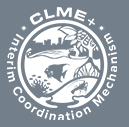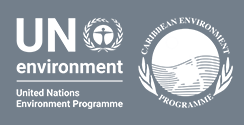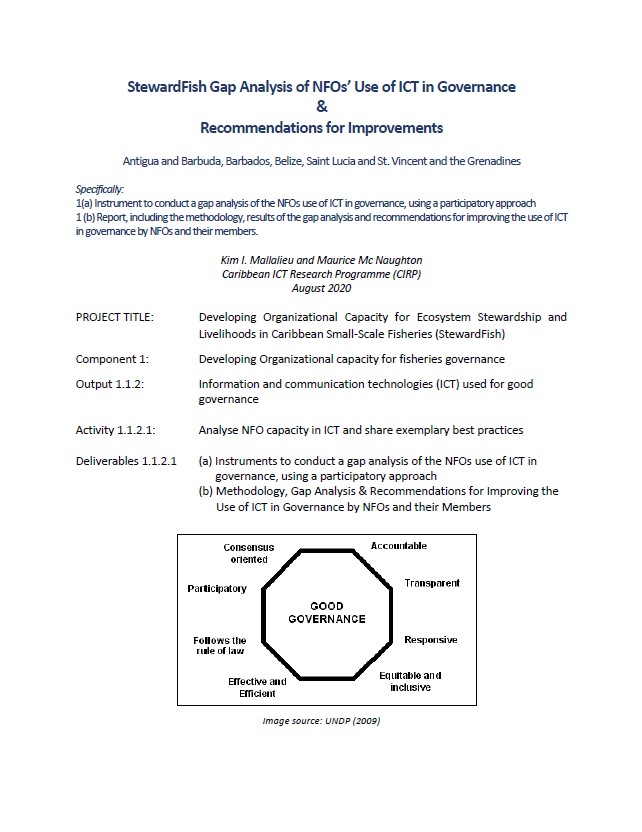
StewardFish Gap Analysis of National Fishers Organizations(NFOs) Use of ICT in Governance & Recommendations for Improvements
This report analyzes current gaps in the use of ICT for governance by national fisherfolk organizations (NFOs) in Antigua and Barbuda, Barbados, Belize, Saint Lucia and St. Vincent and the Grenadines. The findings of the gap analysis direct recommendations for remediation strategies and actions. These recommendations recognize the critical role of the Caribbean Network of Fisherfolk Organizations (CNFO) in strengthening the proposition of, and provisions for ICT for NFO governance. The gap analysis was informed by the constitutions and by-laws of NFOs and the CNFO as the authoritative references for essential governance functions and roles. These were examined in relation to potential benefits of ICTs by role and function. Assessments were conducted on ICT hardware, software, services and digital literacy necessary for context-appropriate ICTs to work for good governance. The gap analysis also drew heavily on rich consultations and other forms of interaction with multiple stakeholders over several months straddling 2019 and 2020. Key informants were drawn from amongst NFO leaders, board members and associates as well as fisheries authorities and the CNFO. Consultations were also held with personnel from The University of the West Indies’ Centre for Resource Management and Environmental Studies (CERMES) and Caribbean Natural Resources Institute (CANARI) as well as with the regional coordinator for the StewardFish Project. Insights were gained into FFO governance arrangements, operations and operational priorities, ICT facilities, current use of ICT for governance, and prevailing challenges to the discharge of governance functions and to the use of ICT in support of governance. Triangulated insights were gained into NFO capacity to use ICT for good governance. Best practices in the use of ICT for good governance were identified. The report finds that to varying degrees across all countries, a debilitating barrier is the lack of a framework for the systematic embedding of ICT into routine operations. Such a framework would include but not be limited to: basic ICT policy and strategy; documented procedures, guidelines, guidance notes, checklists and templates; key data and its requirements specification; digital literacy proficiency standards, learning resources, capacity development provisions and code of conduct; and underlying information and communications strategies and plans. The report finds that the absence of such a framework as well as weaknesses in underlying governance processes and organizational arrangements percolate up to weaknesses in the application of ICT for governance. Among other things, this is characterized by a weak information management chain. All FFOs under consideration have been found to suffer from resource constraints, in some cases crippling. This amplifies the need for operational and resource efficiencies derived from streamlined processes, structured documentation, standardization, sharing of resources and context-appropriate competence. The report recommends an overarching strategy for cloud based infrastructure, centralized information assets and standardization as a context-sensitive response strategy. A minimum configuration of ICT hardware, software and services is recommended for NFOS and for the CNFO. The report recommends that the CNFO play a central role as resource repository, advocate and mentor; and that, through its Leadership Institute, it administers an ICT for governance course for NFO board members in its member countries. Such a course would be delivered through mixed-mode, comprising asynchronous mobile learning and synchronous reinforcement, the latter face to face where national (COVID-19) regulations allow. Course delivery would engage the facilitation services of in-country trainers to support local learners. The report further recommends that within a basic ICT for governance framework, which it deems to be a strategic imperative, the proposed course is adopted as an on-boarding requirement for all NFO board members.
 3
3


 Report issue
Report issue









